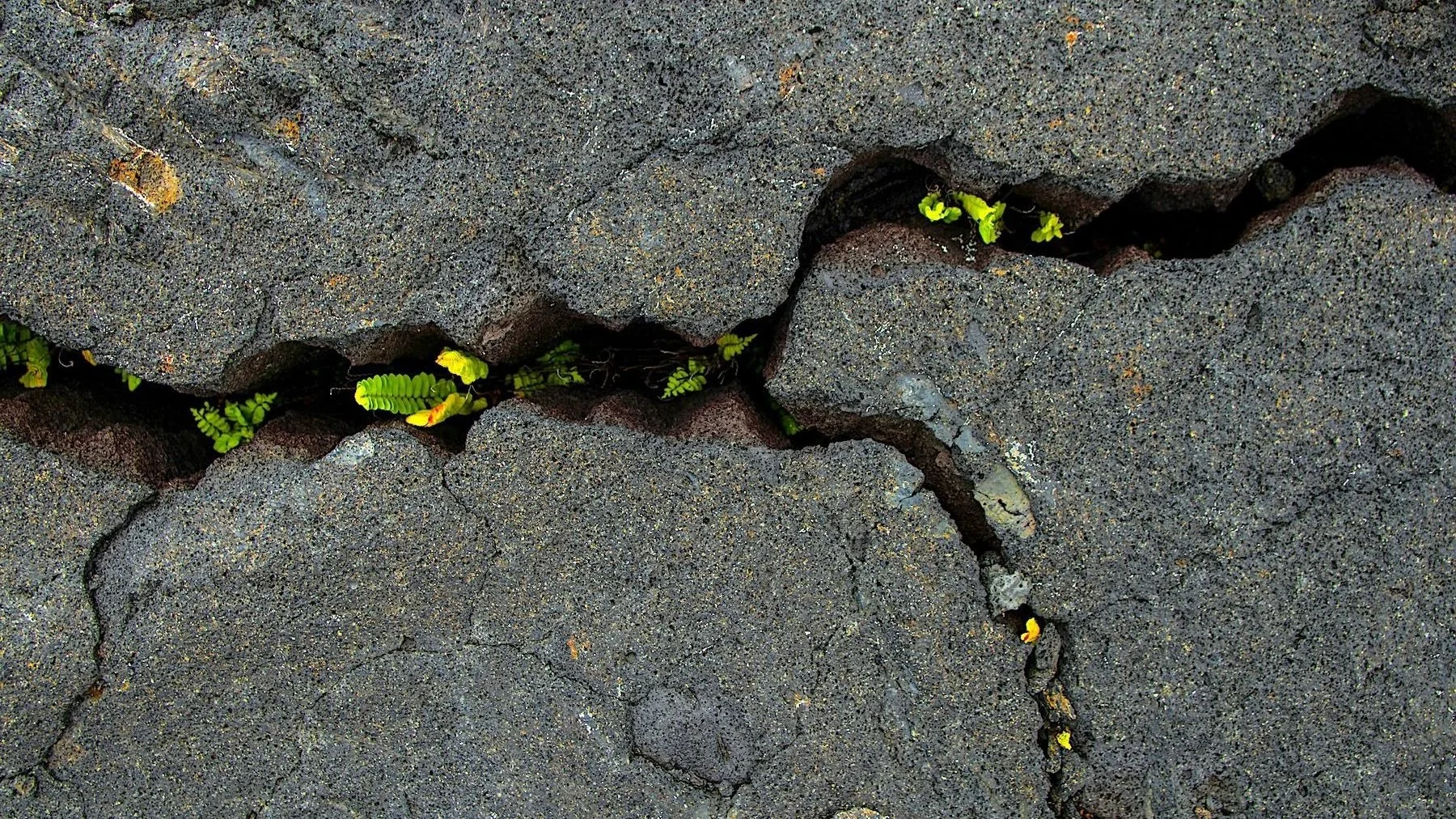Change.
It is almost always when things are all blocked up and impossible that a happening comes. If you are sure you are looking and ready, that is all you need. God is turning the world around all the time.
~ A.D.T. Whitney
Carl Jung observed that in the Christian resurrection story the risen Christ is not found where his body was laid. The story is not about resuscitation. It is about resurrection. It is not about reviving the old form. It is about something new, something we could never have imagined, emerging from death.
~ John Philip Newell
[When people say they are “spiritual but not religious,” they] are usually trying to tell me that they have a sense of the divine depths of things but they are not churchgoers. They want to grow closer to God, but not at the cost of creeds, confessions, and religious wars large or small.
~ Barbara Brown Taylor
Ever felt like you were standing on a fault line… with rumblings and vibrations coming up through your feet? I feel that way right now, both collectively and personally. Several months from now, my work could be different, my home could be different, and many of my relationships could be different. Heck, the very state of democracy in America could be different. It is a tumultuous time to be alive on planet earth.
The maxim “the only constant is change" is attributed to the ancient Greek philosopher Heraclitus, and whenever those words are spoken, we generally nod solemnly. Change is uncomfortable. Change is upheaval. Change is possibility. Change is both death and resurrection. Sometimes we are desperate for things to change, other times desperate for them not to change.
Some changes land like a great unexpected gift, while others feel like a gut punch… so it’s hard to lump all that together in the single word change. But in the mysterious journey we call life, change seems to bring both at the same time—the death of one thing and the birth of another. Which is the Great Paradigm that Jesus demonstrated so personally and poignantly in the resurrection. For better and for worse, change is baked into the human condition.
I have learned that I carry a deep yearning for adventure, which is the word I use to describe welcome change: new places, new challenges, new learning, new creativity. When life gets too predictable, I sort of want to blow it up and start over. Other people, though, cling to the comforts of predictability and familiarity… and that’s not wrong. I suppose it speaks to two of our three greatest needs: agency (the power to change things) and security (the assurance that we are safe). Maybe it’s more of a continuum of needs, and we simply take our place at different points along that creative tension.
We find ourselves in a time of accelerated change compared to the eras before, driven largely by technology of course. So we experience change on multiple levels—personally, generationally, politically, spiritually, and culturally to name just a few.
As I prepare to teach The SOUL Journey, part 2 next weekend, I have assigned three texts, each of which is quoted in the epigraphs above: An Altar in the World, by Barbara Brown Taylor (whose writing is always exquisite), The Rebirthing of God, by John Philip Newell (who demonstrates the unique and timely contributions of Celtic Christianity), and Contemplation in Action, by Richard Rohr and others (a series of articles that address a host of social needs themed around the three movements below).
This is what Yahweh asks of you, only this: to act justly, to love tenderly, and to walk humbly with your God. ~ Micah 6:8
All of these deep-hearted books intersect around the changing face of Christianity (and religion in general) in our modern world. These words from the prophet Micah around 700 bce speak pretty directly to the entire “spiritual but not religious” phenomenon we are seeing all around us: the agency-oriented movements away from organized religion on the one hand with a corresponding re-entrenchment of security-oriented faithful on the other. Micah brings a prophetic challenge to his Jewish sisters and brothers who are preoccupied with rearranging the religious deck chairs on the Titanic while the institution itself is sinking. In place of religion, he calls us back to the organic spiritual purity of compassion, humility, and social justice as the highest expressions of God’s kingdom work.
These are, in fact, the qualities least characteristic of the public and political church today. Among the authors above, it is Newell who most boldly calls us to place the corpse of institutional Christianity in the grave, to grieve its genuine losses, and to prepare ourselves for a new resurrection of Christ that can actually lead us forward toward healing and redemption, individually, corporately, and indeed in the physical world itself.
Monumental changes all around. But as in the photo above, it is as hardened structures crack open that new life appears.
growing your soul
What is changing in our world right now that brings you grief? What do you most want to change in your life today that brings you hope?
serving our world
How can you both comfort the fearful and inspire others toward hopeful change at the same time?
takeaway
Crack open. And grow.

